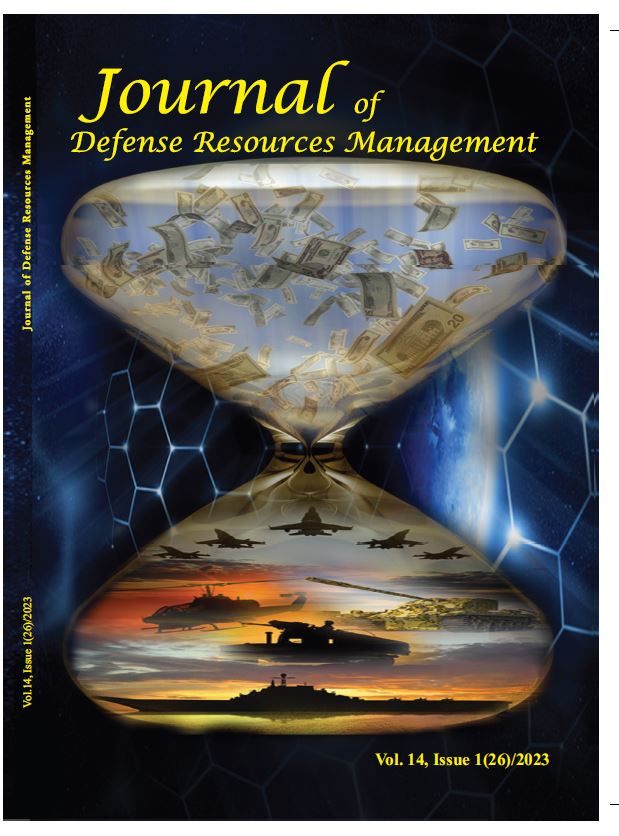THE INFLUENCE OF HYBRID ATTACKS ON A STATE IN AN ALLIED CONTEXT
THE INFLUENCE OF HYBRID ATTACKS ON A STATE IN AN ALLIED CONTEXT
Author(s): Claudiu-Florin NistorSubject(s): Education, General Reference Works, Business Economy / Management, Security and defense
Published by: Regional Department of Defense Resources Management Studies
Keywords: hybrid attack; Euro-Atlantic area; national interdependence; alliance;
Summary/Abstract: The interdependence of states on each other is now increasingly visible, mainly from an economic perspective, due to the opening up of markets along with the phenomenon of globalization. This relationship becomes more pronounced and visible in an allied or union context, where more relaxed trade policies between states also facilitate the negative effects of hybrid attacks on a member state or neighbor. The influence of such attacks, even if their main purpose is closely related to weakening the combat capacity of the adversary state and facilitating its own military advance, is felt over a wide regional area, undergoing a transformation from an attack with a military objective to an attack with an economic effect. A specific example of this is the hybrid attacks that have been enhanced by the Russian Federation’s maritime supremacy in the Black Sea area bordering Ukraine, as a result of which maritime grain exports have been halted, with global effects that have required a joint eff ort by the main world players to avoid a possible crisis. This article analyses the immediate and medium-term effects of such hybrid attacks, especially those on the European continent, contrasting the two international entities, the European Union and the North Atlantic Treaty Organisation.
Journal: Journal of Defense Resources Management (JoDRM)
- Issue Year: 14/2023
- Issue No: 1
- Page Range: 151-160
- Page Count: 10
- Language: English

